Industrial washing / Articles
Gastronorm containers : everything you need to know to keep them spotless
Your kitchen’s hygiene is only as good as your gastronorm containers. Discover how to keep them spotless and avoid a food safety disaster.
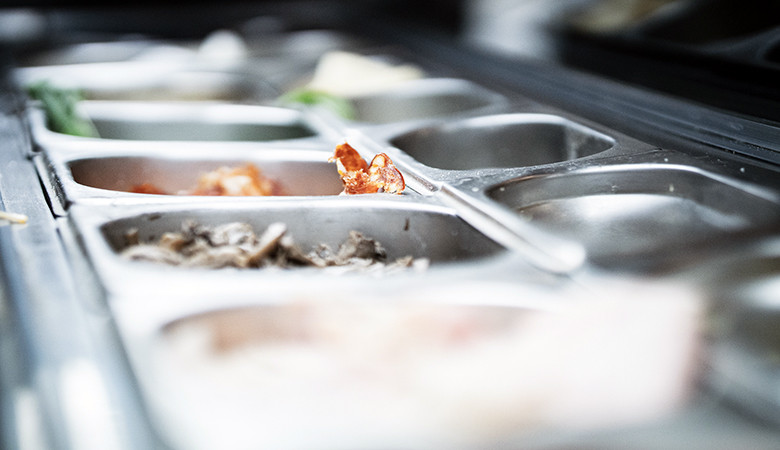
 9 minutes of reading
9 minutes of reading
2025-01-16 13:59:54
It’s a busy Tuesday, and you’re grabbing a quick lunch at your local fast-food joint. You’re hungry, tired, and just want something easy. You take a bite of your burger, and for a moment, everything feels right with the world. But what if that seemingly harmless meal was a ticking time bomb? Last year alone, outbreaks of E. coli have been traced back to several popular chains, and lettuce that was supposed to be ready to eat has caused chaos across multiple states.
At the heart of many of these foodborne illnesses is a hidden villain: the humble gastronorm container. These workhorse trays, often overlooked and under-washed, quietly harbour bacteria that could lead to serious health risks. They’re everywhere – in kitchens, restaurants, even hospitals – storing and preparing food. But as the outbreaks show, they’re only as washed as the hands that wash them.
So, the next time you pick up that quick meal, ask yourself: How well do you really know what’s happening behind the scenes in the kitchen? That’s the same question your clients will be asking. And the consequences could be disastrous for your business reputation and bottom line.
Let’s dive into how to keep your gastronorm containers properly sanitized and make sure your kitchen doesn’t end up as the next headline in a food safety nightmare.
What are gastronorm containers and why do they matter?
Gastronorm containers are everywhere. These standardised storage items are used in commercial kitchens, catering services, and large-scale food production facilities. They are designed to fit into standard-sized equipment, like steam tables, ovens, and fridges, making them essential for organising and handling food in high-volume environments.
These containers are designed to make food service more efficient. For instance, they can be used to prepare food in bulk, store ingredients, or serve food in an organised manner. Their stackable nature helps save space and simplifies storage, whether in a fridge, freezer, or a hot holding station.
Moreover, their versatility extends beyond the kitchen. They are often used in catering and food transport as they can be sealed with lids to keep food fresh, making them a reliable option for off-site events or deliveries.
Why is it necessary to keep gastronorm containers spotless?
Here are several important reasons why keeping them spotless is crucial.
1. Food safety and hygiene
The most obvious and vital reason for keeping gastronorm containers spotless is food safety. These containers come into direct contact with food and can easily become breeding grounds for harmful bacteria if not properly washed. Leftover food particles, grease, or stains can harbour bacteria such as Salmonella, Listeria, or E. coli, which can contaminate new batches of food. Ensuring your containers are thoroughly sanitised between uses helps prevent cross-contamination, which is a serious concern in foodservice environments.
2. Preserving the quality of food
If containers are not spotless, leftover food particles or residues can affect the quality of the food stored in them. For example, dried sauces, oils, or food bits left in a container could impact the flavour and texture of food in future batches. Washing your containers properly ensures that the food remains fresh, tastes its best, and meets the high standards expected in a professional kitchen.
3. Preventing build-up and wear
Grease and food stains left unwashed can become harder to remove over time, requiring more intensive scrubbing and, eventually, shortening the lifespan of the container. They can begin to corrode or warp, and plastic containers may crack or become discoloured.
4. Optimising kitchen workflow
If your gastronorm containers aren’t spotless or are poorly maintained, it can slow down the entire cooking and serving process. Stains, stuck-on food, or grease can be time-consuming to clean and distract from the efficiency of kitchen operations. Moreover, dirty containers might need to be put aside to soak or scrubbed intensely during peak hours, causing unnecessary delays.
How to choose a washer for gastronorm containers
Here’s how you can choose the ideal washer for your gastronorm containers.
1. Consider the size and capacity of the washer
Gastronorm containers come in a variety of sizes, so it’s essential that your washer can accommodate these different dimensions. Whether you're dealing with full-sized (GN 1/1) or smaller (GN 1/6, GN 1/3) containers, you need to make sure your washer is designed to handle these sizes. Some industrial washers, like MultiWasher, are specifically built to wash a wide range of containers, including gastronorms, with adjustable racks to fit containers of varying sizes.
2. Check the customization options
A washer that can be tailored to fit your kitchen’s specific needs will provide greater flexibility and efficiency. Look for washers that offer various customisation options, such as adjustable racks to fit different types of gastronorm containers. Also, some washers allow you to adjust the cycle time, water temperature, and pressure. This gives you more control over the washing process, especially when dealing with different levels of soiling or types of food residue.
3. Look for automation features
Choose a washer with load sensors that automatically adjust the wash cycle based on the size and number of containers loaded. Besides, look for automated systems that notify you when it's time for regular maintenance or self-washing cycles. Then you can keep your washer running at peak efficiency, preventing breakdowns and extending its lifespan.
4. Pick an eco-friendly washer
Choose an equipment that features water filtration and recycling systems that allow for water reuse during multiple wash cycles. This can drastically reduce your water consumption, making your kitchen more sustainable. Same for energy-efficient systems to reduce power usage.
5. Ensure durability and ease of use
Pick a machine that’s built to last, with high-quality materials and construction that can withstand the rigours of daily use. Washers made with stainless steel are more resistant to corrosion and wear and tear from frequent use. Go for an option with clear, simple controls that your staff can quickly learn to operate. Digital displays with user-friendly interfaces, like the ones found in MultiWasher, make programming the washer a breeze, especially in a fast-paced kitchen.
6. Don’t forget about lifetime cost-effectiveness
When it comes to choosing a washer, the initial price tag shouldn’t be the sole deciding factor. A more expensive, high-quality machine can actually save you money in the long run. Machines that are designed to be more energy-efficient and use less water per cycle directly impact your bottom line by lowering ongoing utility costs.
MultiWasher: the perfect choice for gastronorm containers
MultiWasher is a top choice for companies across all sectors looking to streamline their washing process. With its versatile size accommodation, advanced washing technology, and energy-efficient design, it ensures that gastronorm containers are thoroughly sanitized while also reducing long-term operating costs.
Make the smart choice for your operations by investing in a washer that combines reliability, durability, and high performance – the MultiWasher is the solution you need. Get in touch.
You may also like

Industrial washing / Articles
Repairing the future today: 6 reasons to review the industrial washing process
Organizations around the world are reviewing their industrial washing processes. This is why.
Posted in 2022-09-01

Industrial washing / Articles
5 contaminants that may be creeping into your company
Contaminants have the power to destroy reputations, shutter businesses, and cost lives overnight. Discover how to protect yours before it’s too l...
Posted in 2025-03-13
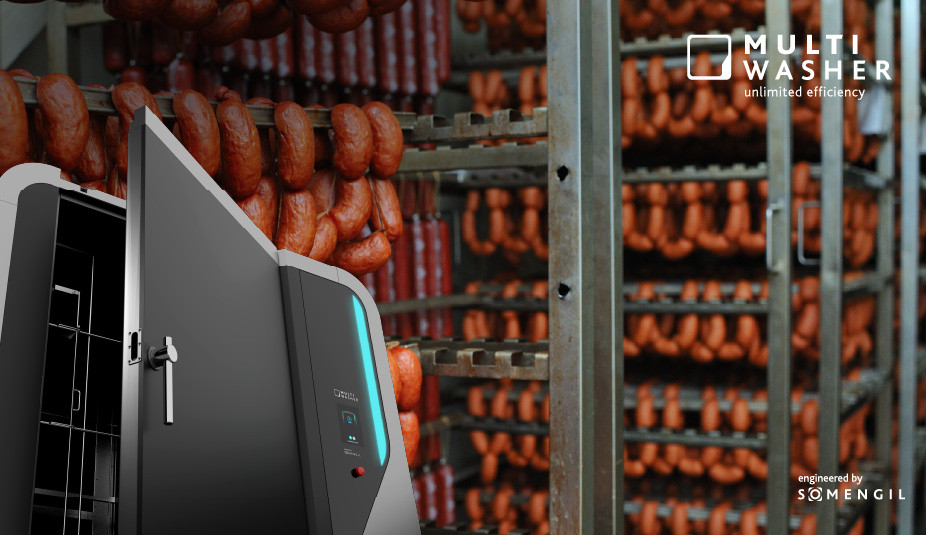
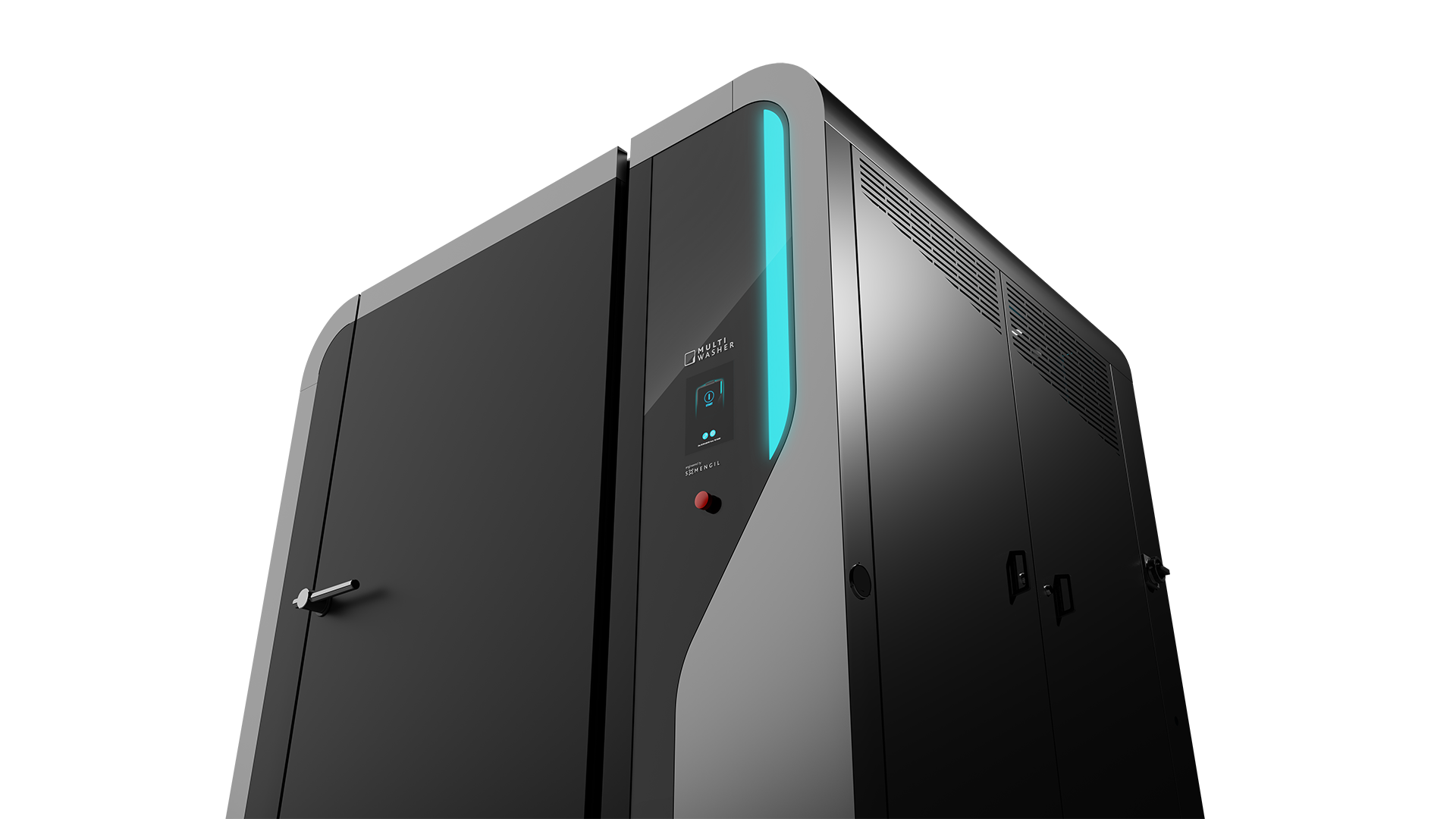
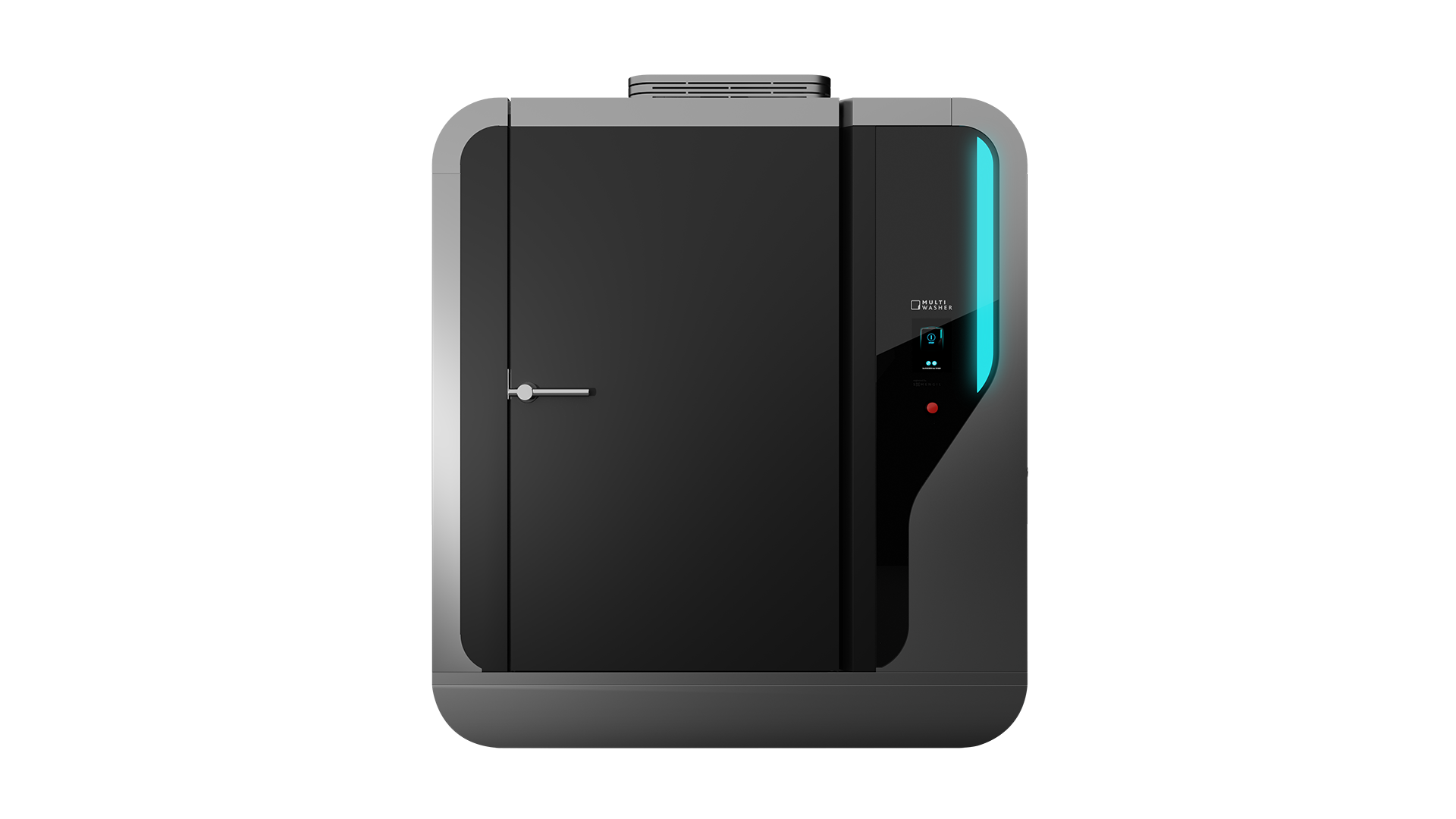
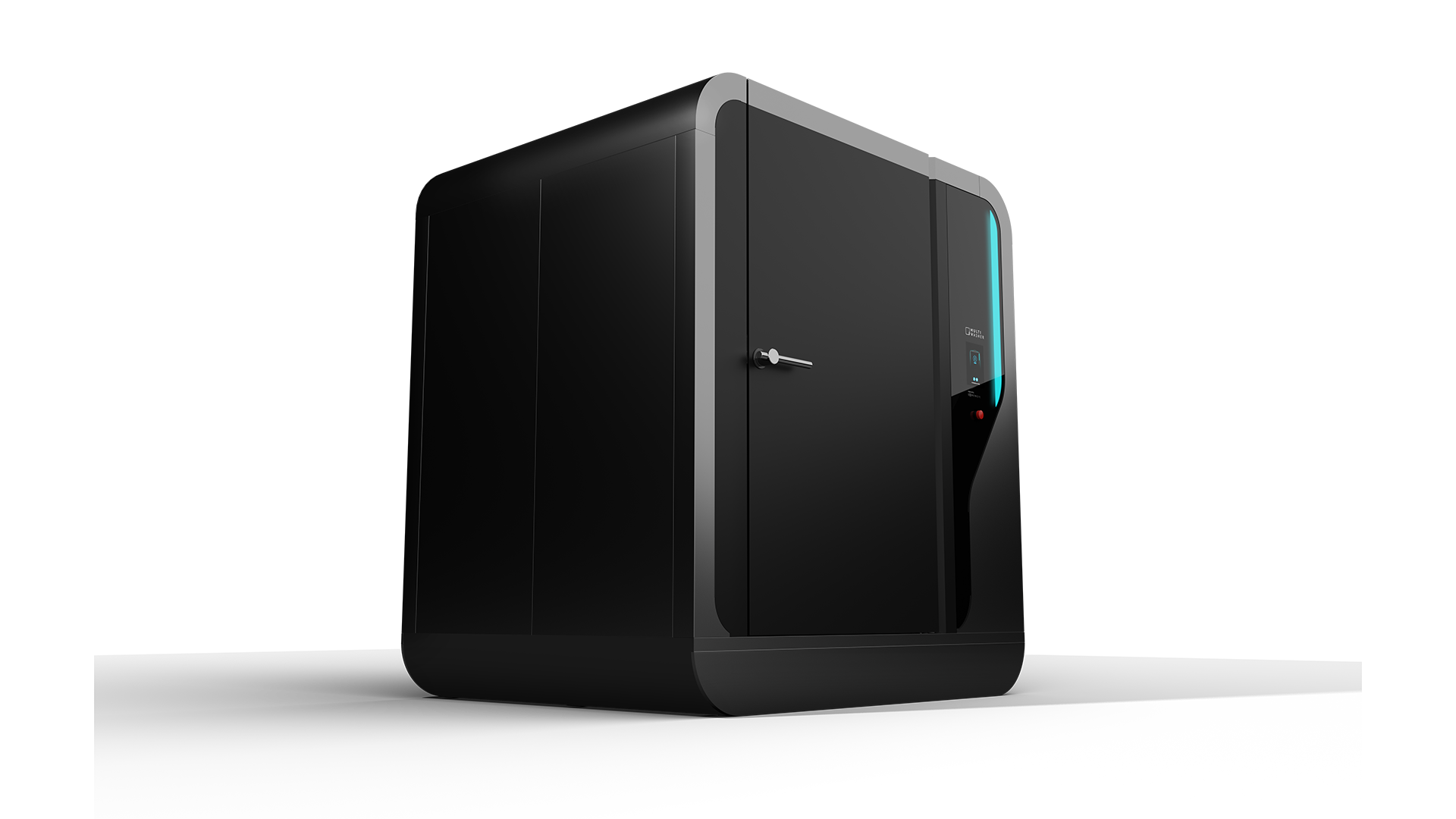
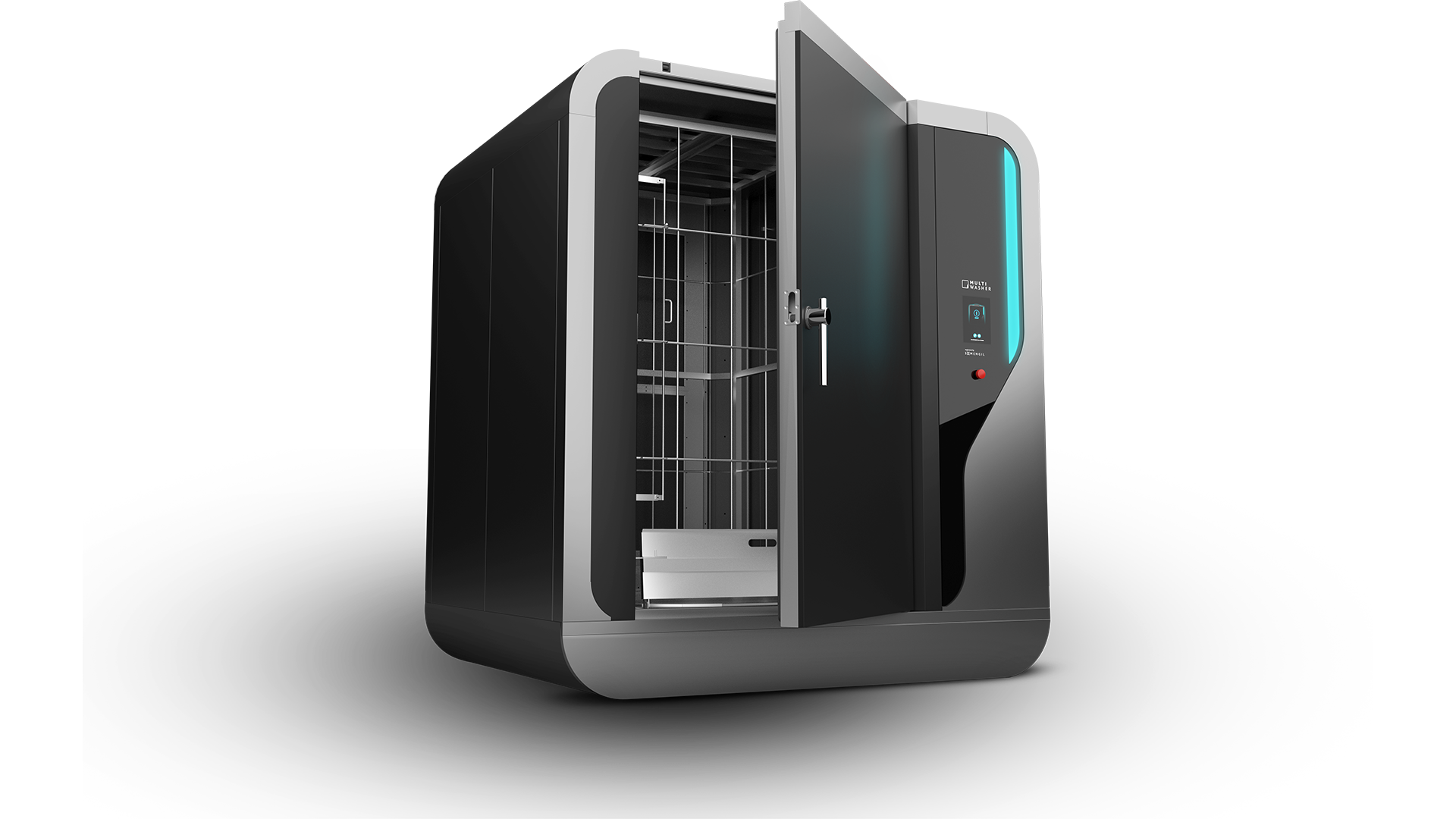
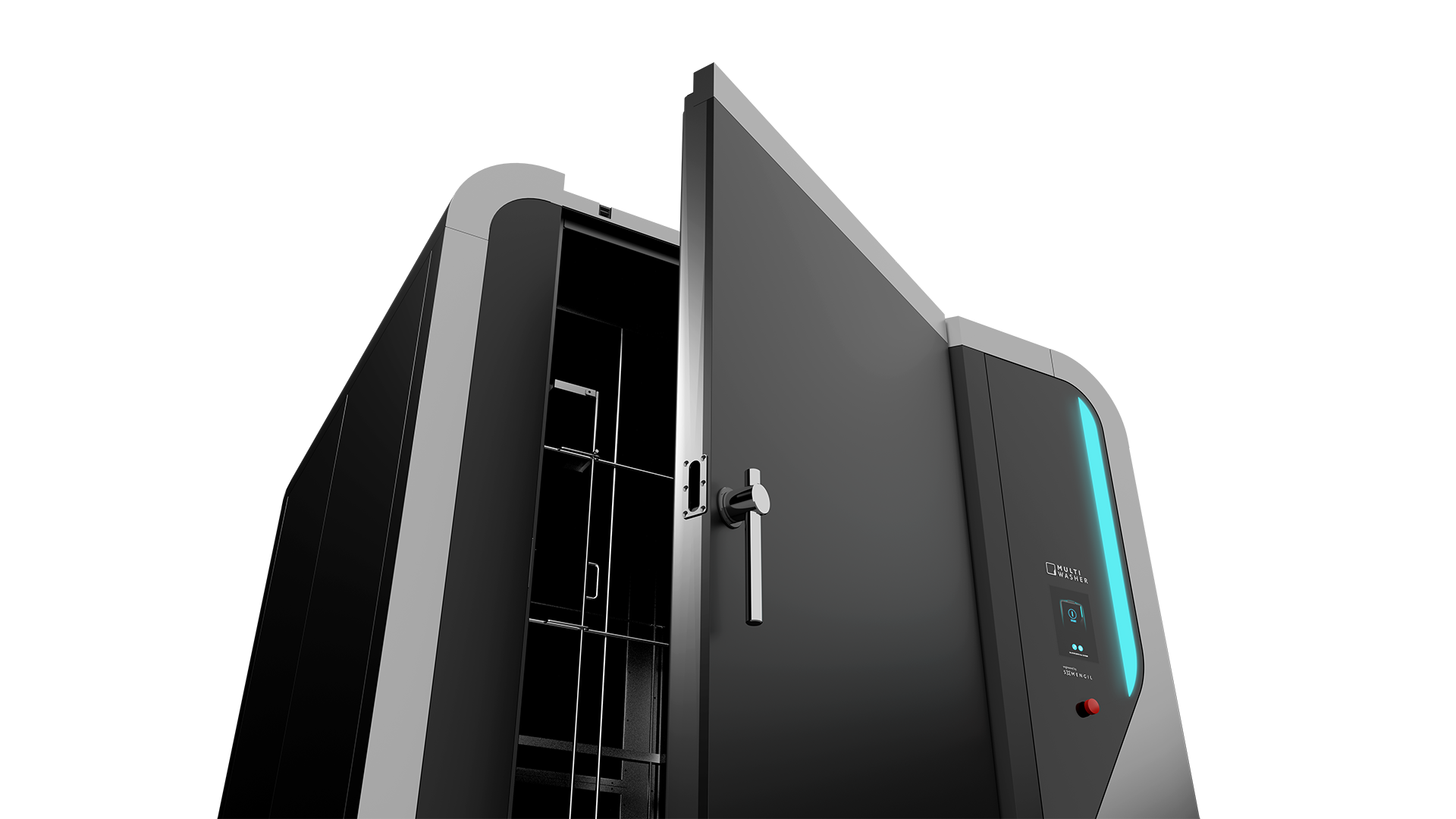


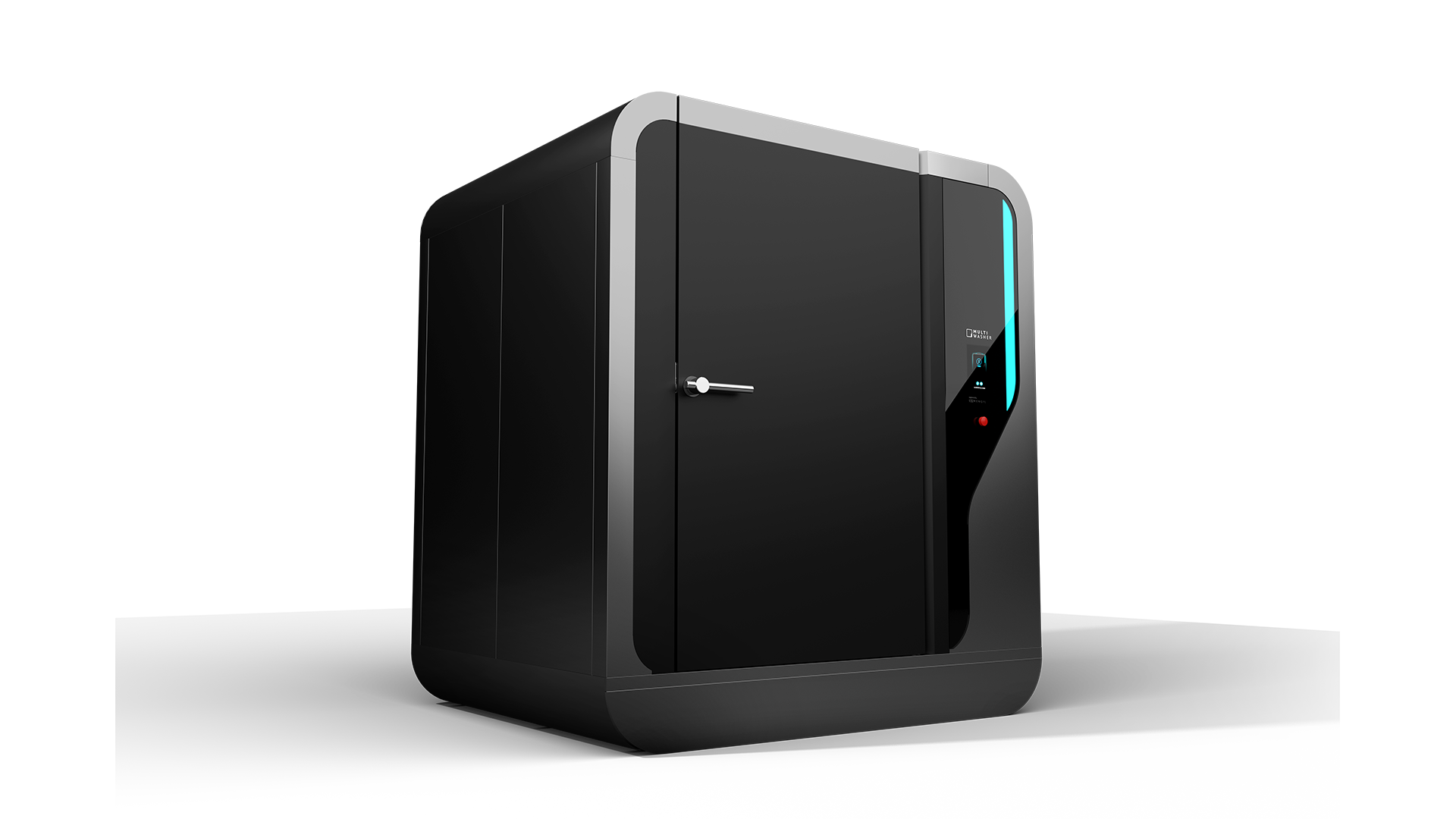
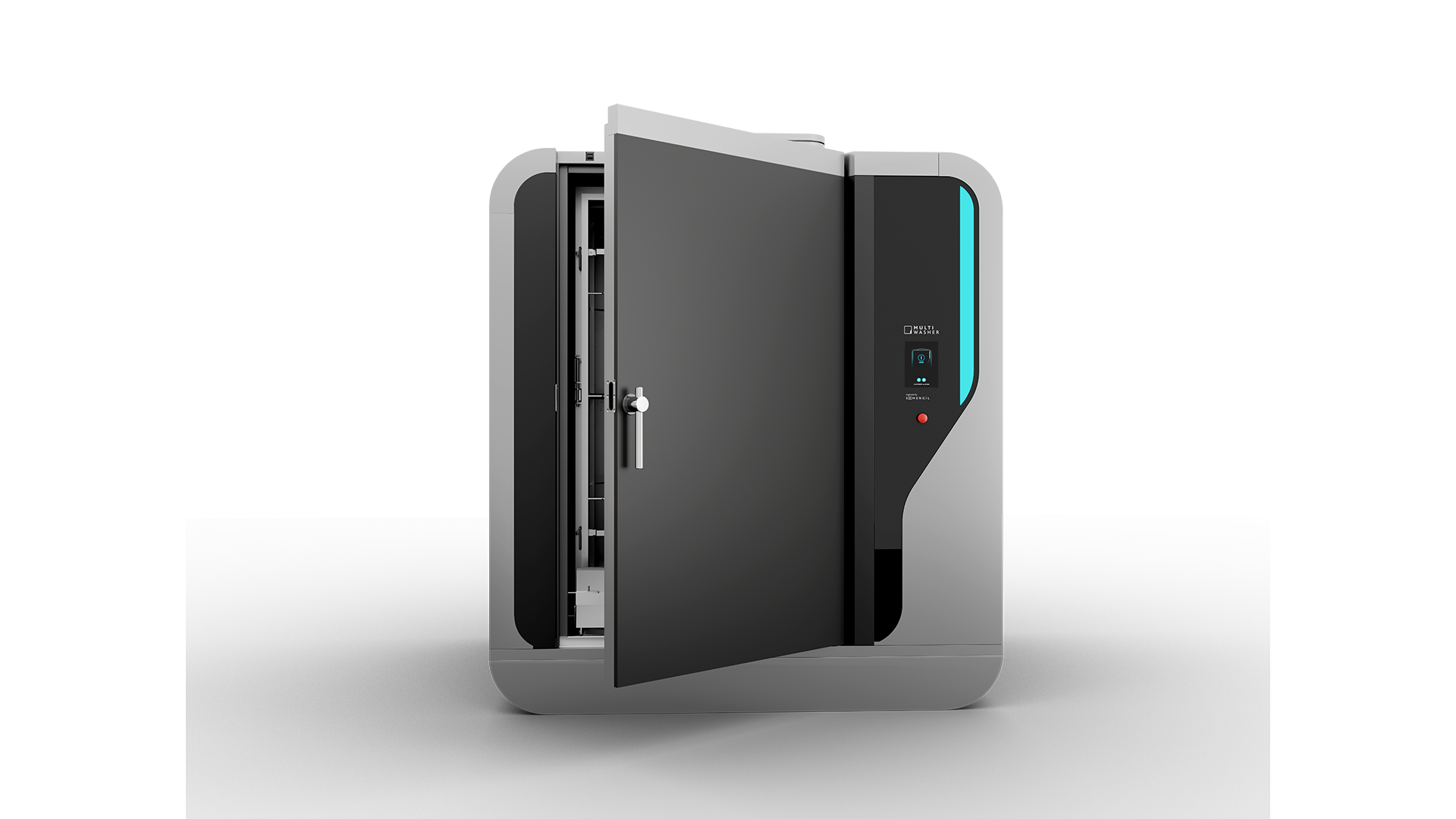
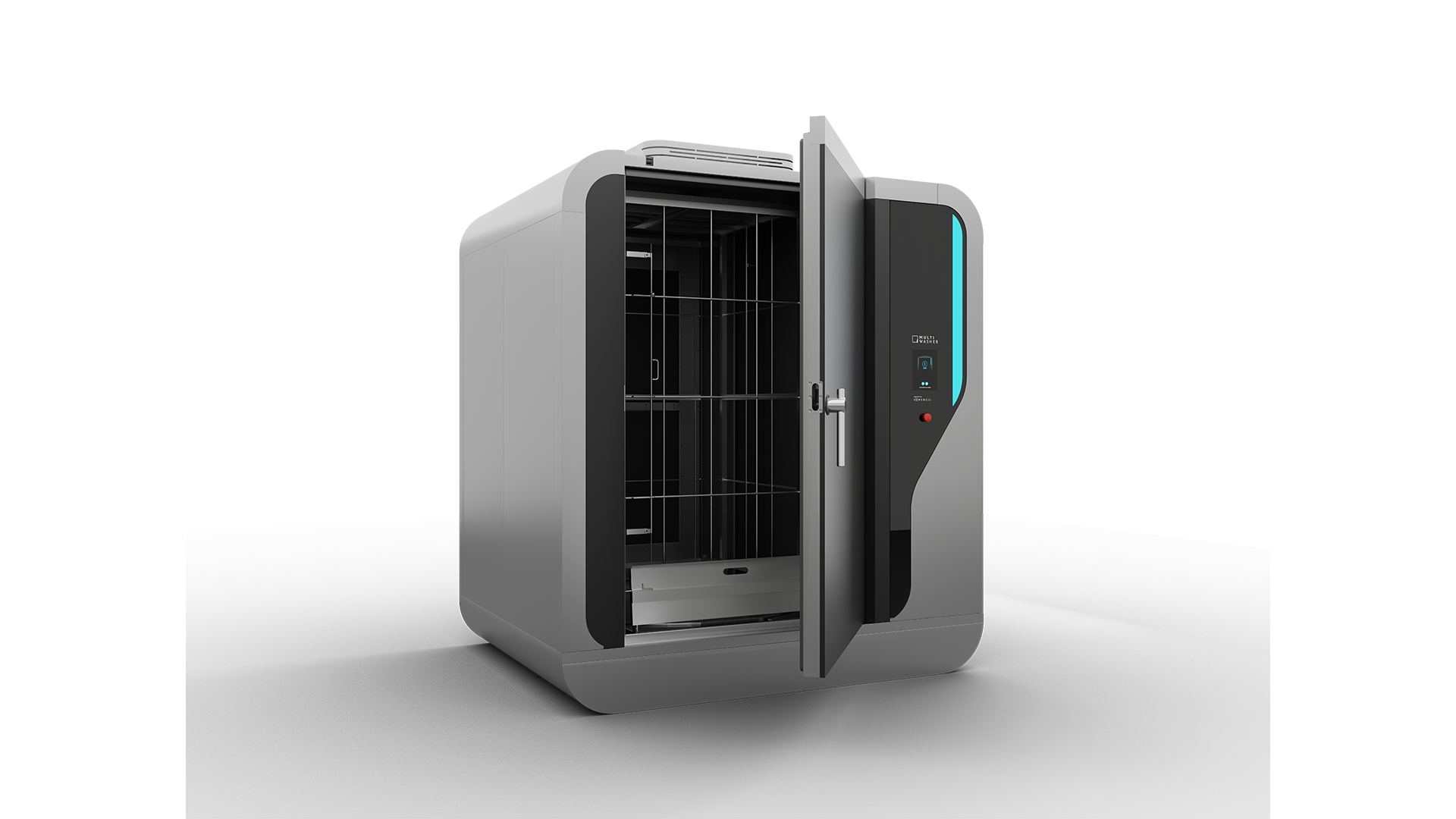
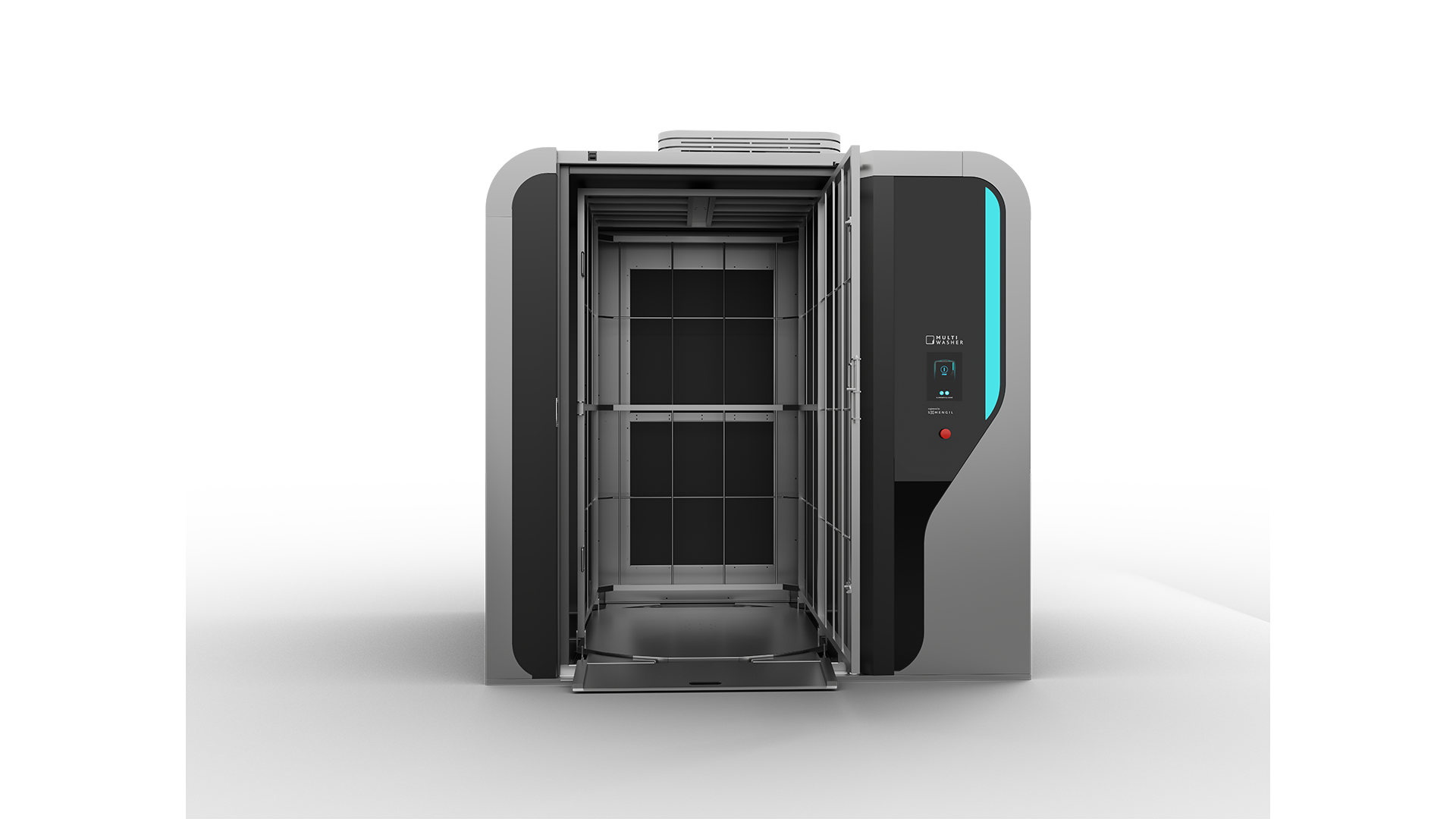
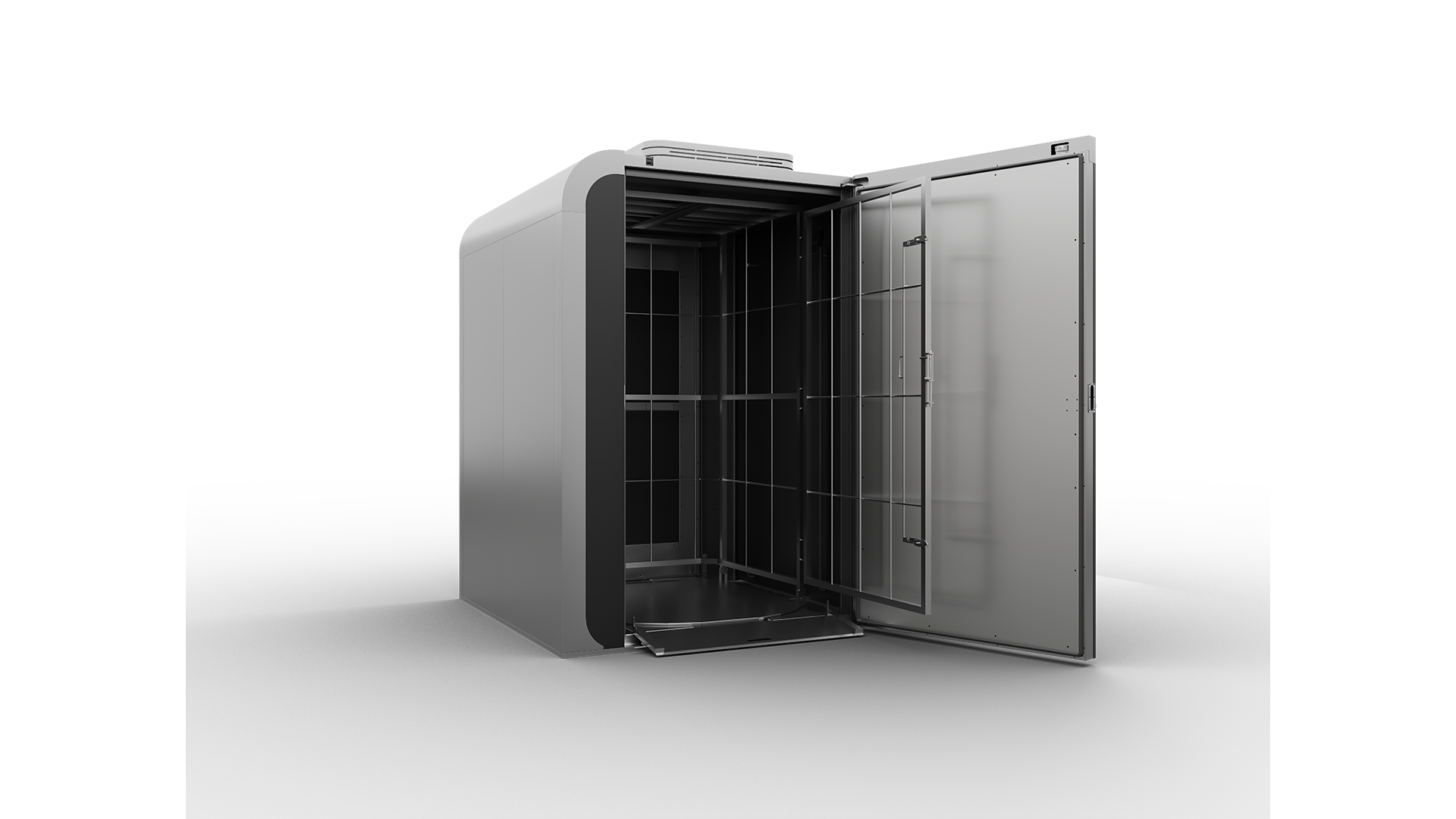
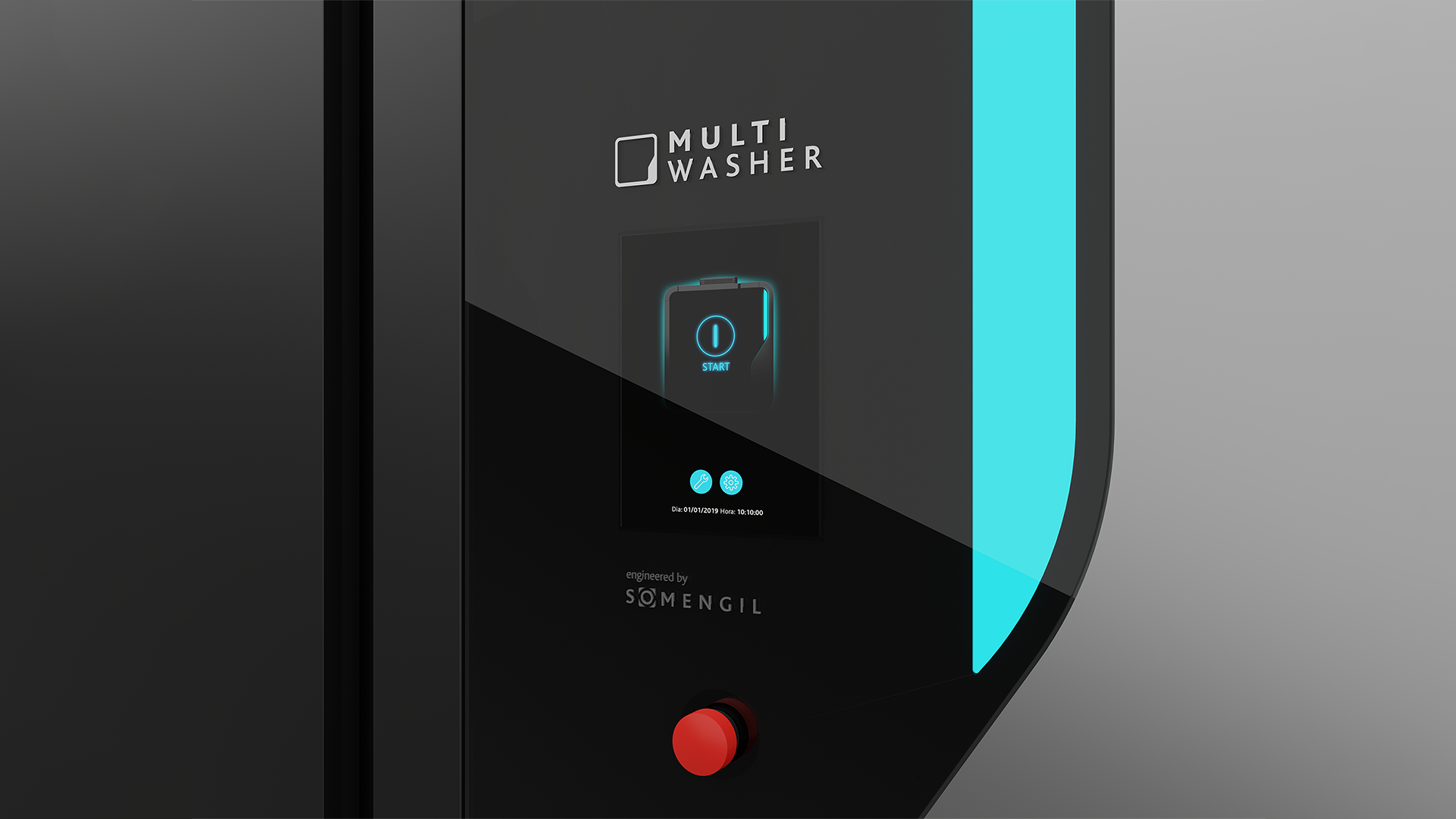
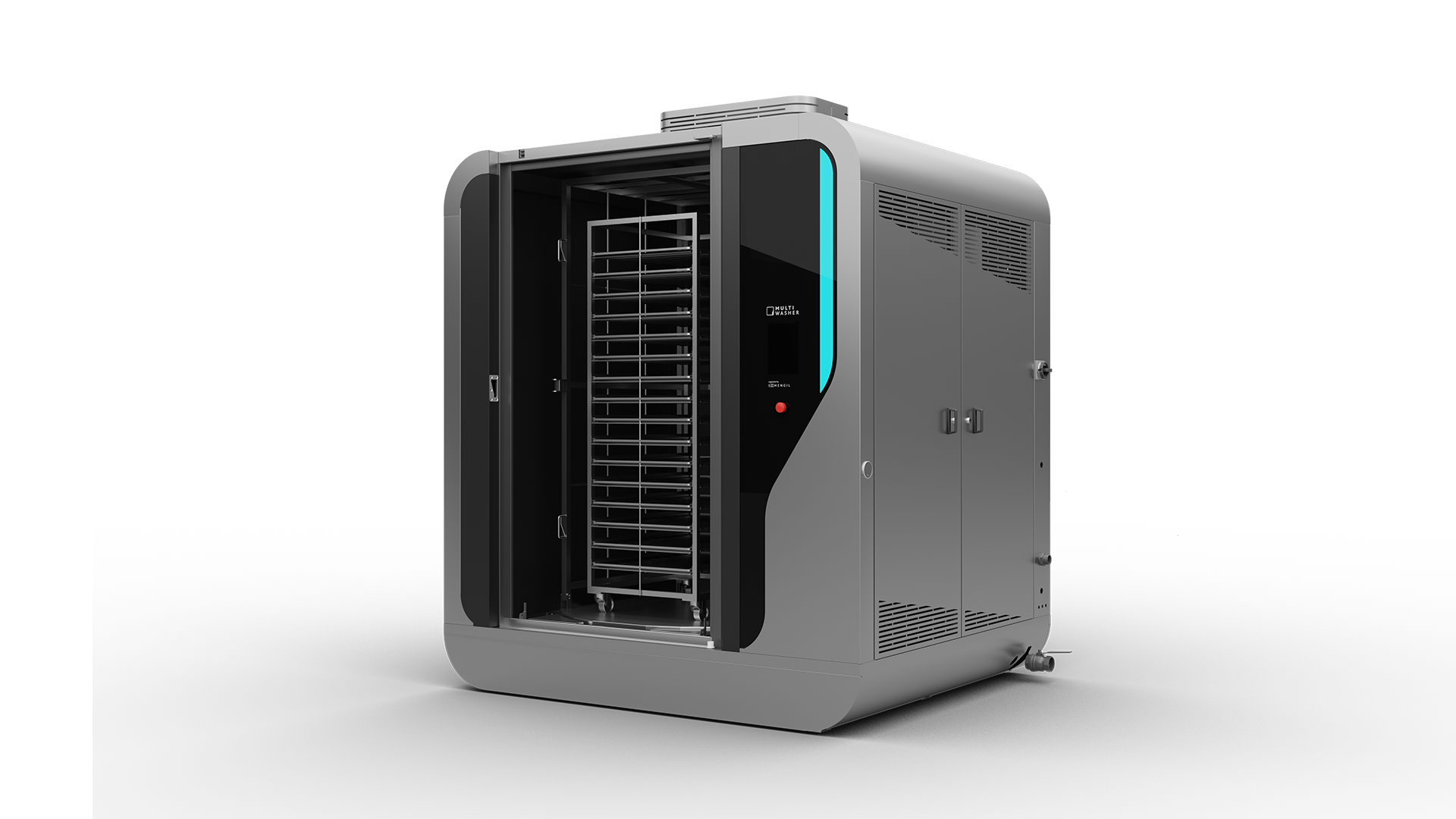
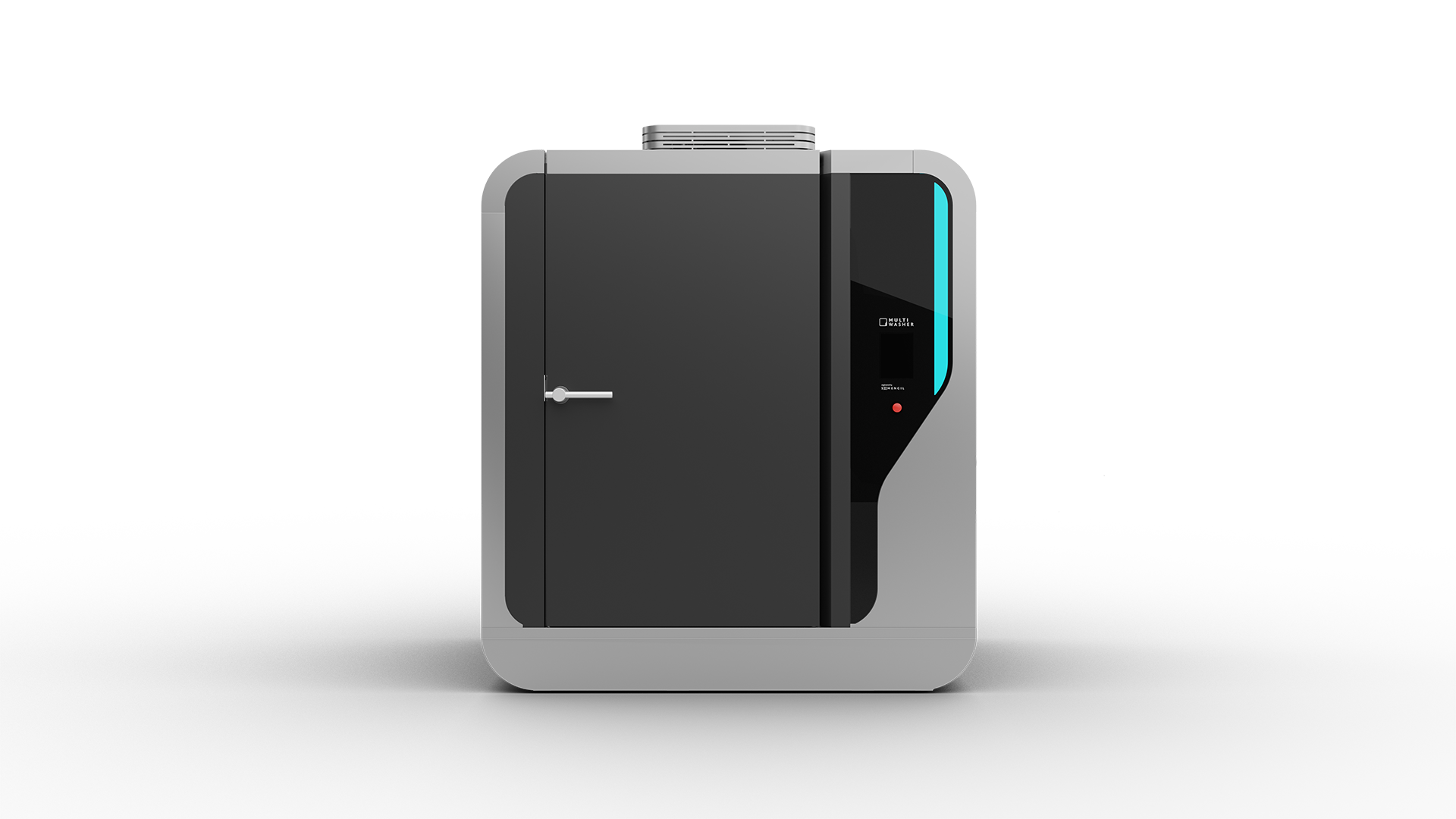


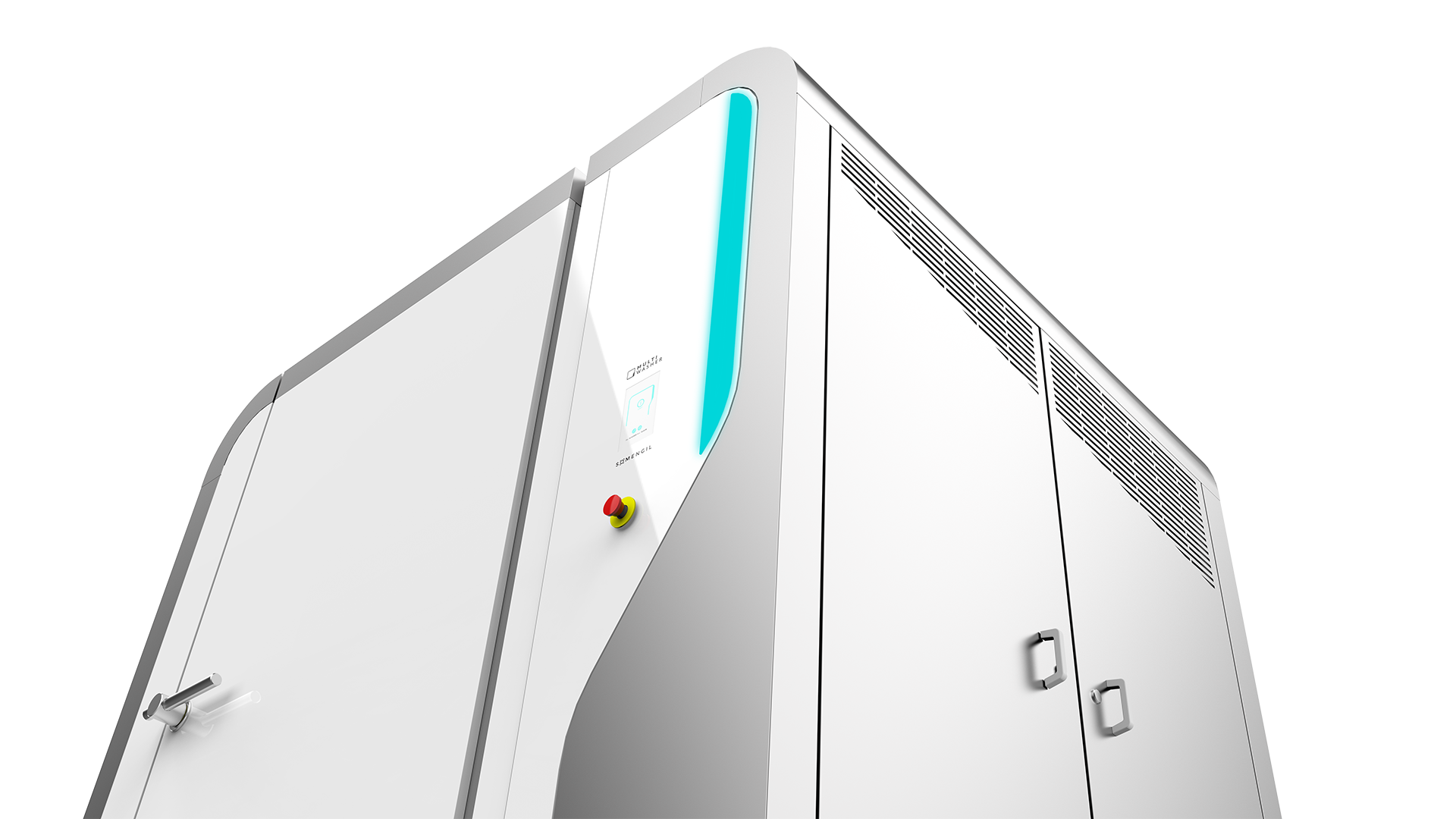
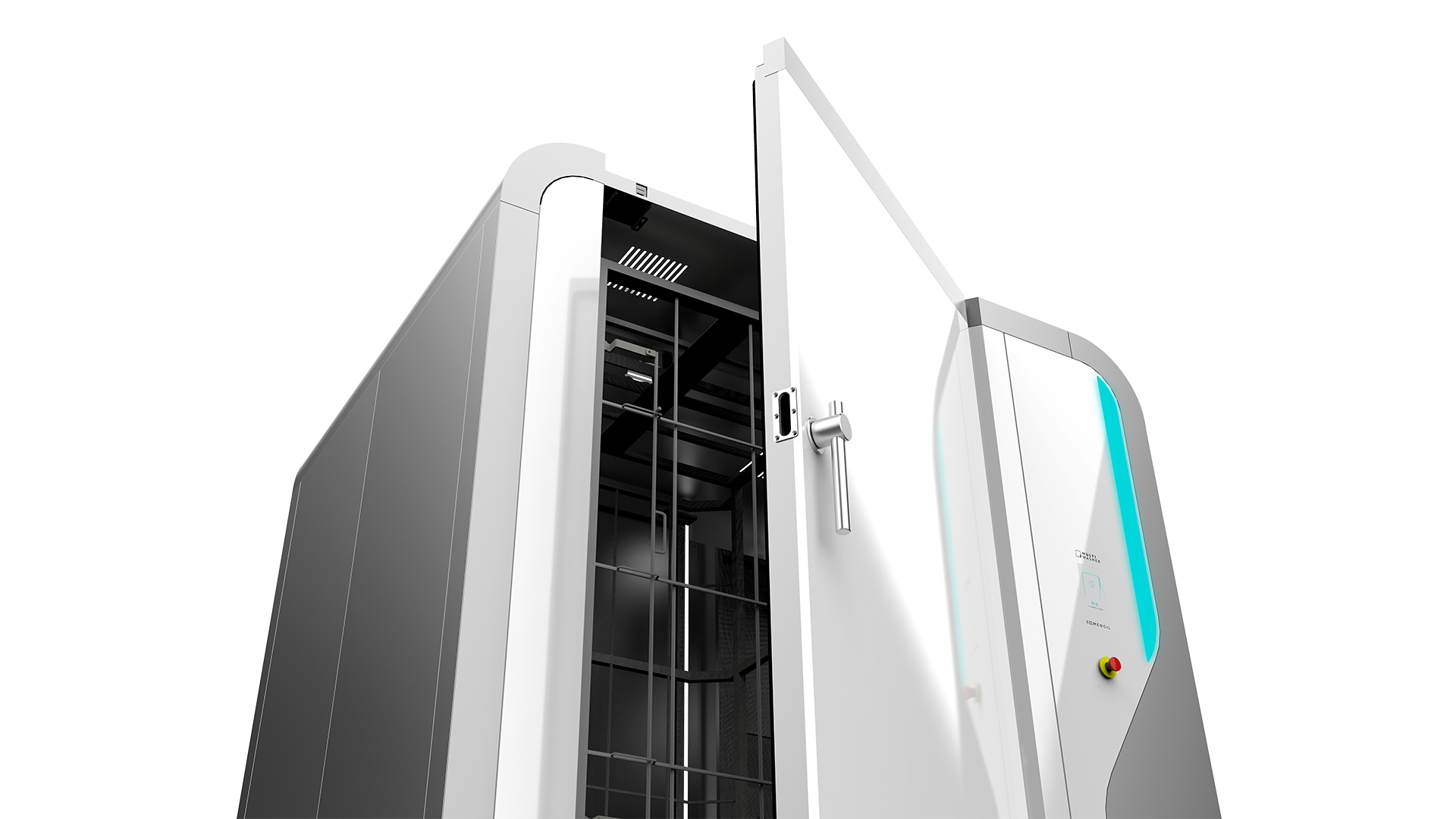
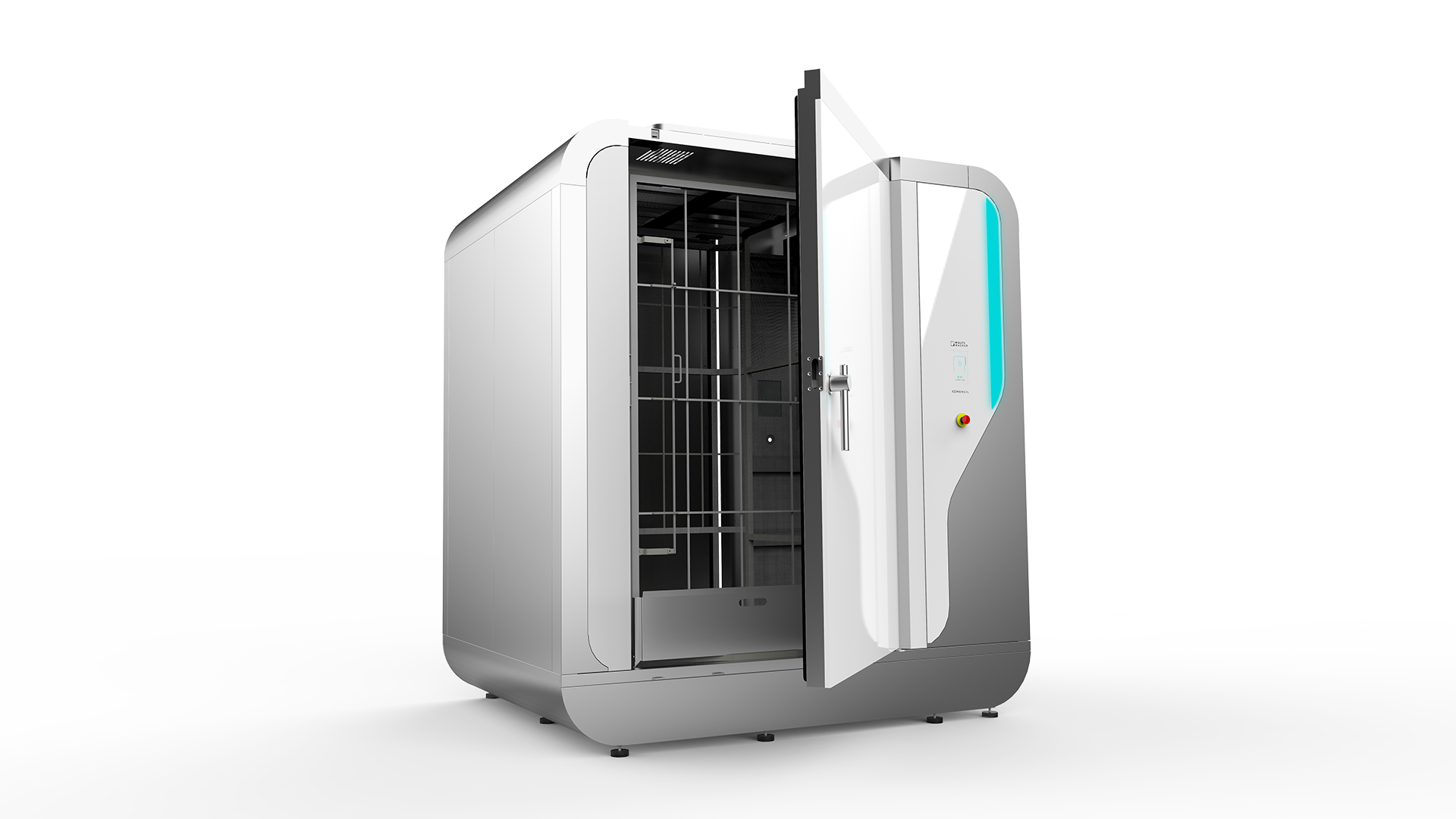
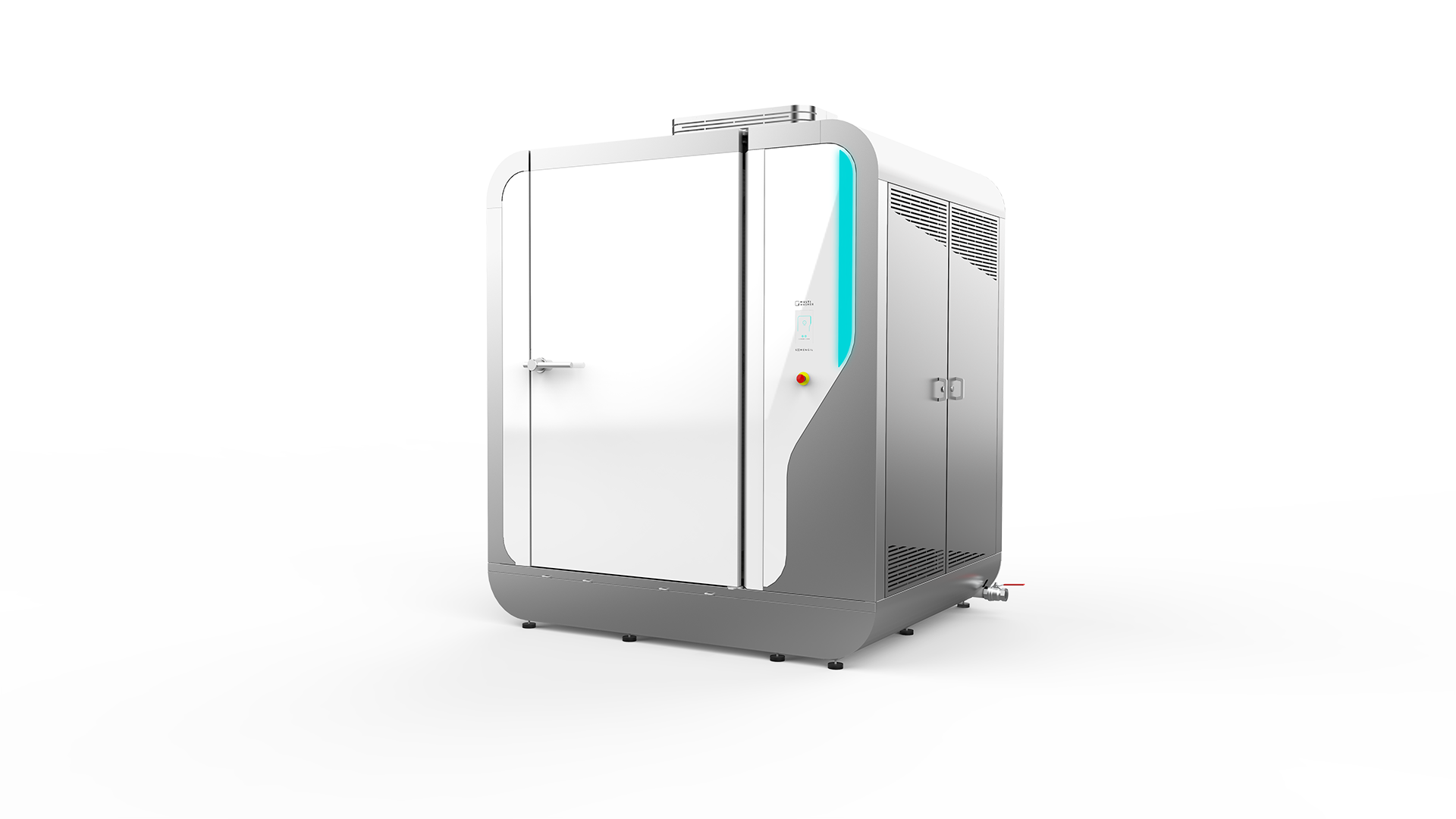
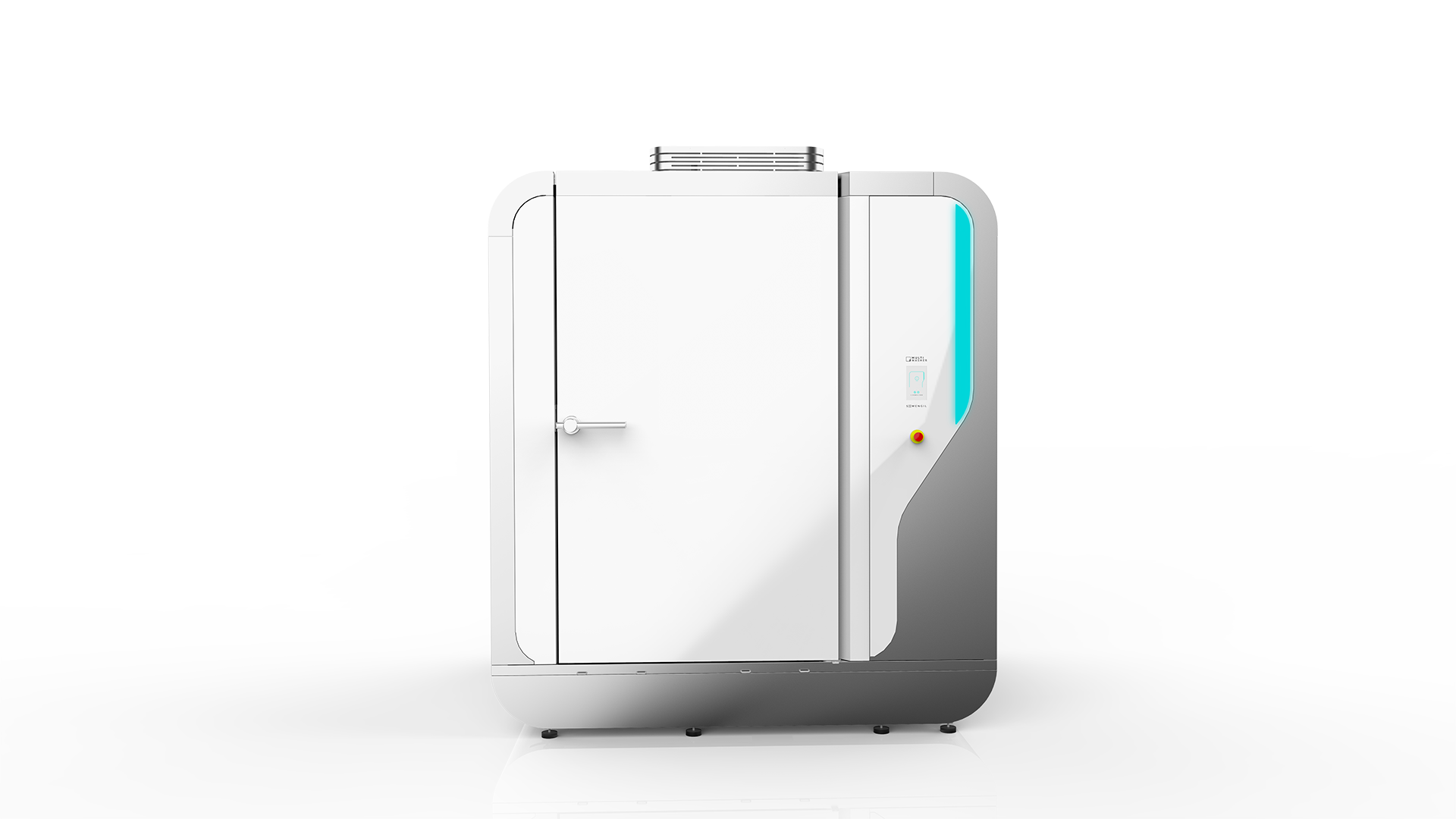
 Portugal
Portugal United Kingdom
United Kingdom United States
United States France
France Spain
Spain Germany
Germany Romania
Romania Italy
Italy Czech Republic
Czech Republic Finland
Finland Hungary
Hungary Slovakia
Slovakia Greece
Greece Lithuania
Lithuania South Korea
South Korea Russia
Russia Saudi Arabia
Saudi Arabia Poland
Poland Brasil
Brasil Hebrew
Hebrew